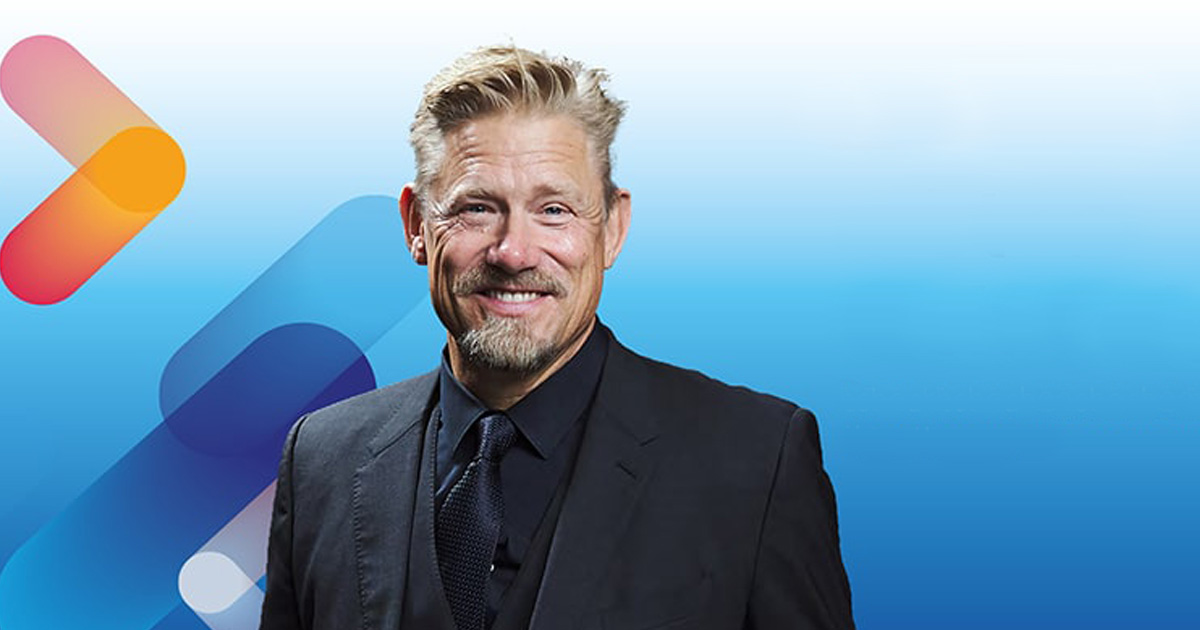
From victory with Denmark in the UEFA Euro 1992 to five Premier League titles under Alex Ferguson, Peter Schmeichel etched a career into the history of football as one the greatest players to have graced the game.
His remarkable achievements between the sticks – and his experiences as a key member of one of the most successful club teams in modern times – offer lessons for any ambitious individuals who want to perform consistently at the highest level, no matter what the circumstances.
“You have a lot of work to do before you reach the Premier League – you’ve got to do everything, you can’t cheat or cut corners. Everybody I know who has reached the top, they’ve all had that,” Schmeichel explained.
“So when you see players that have more talent than some that are reaching the top, you look at how they train, how they are in their lives, and for a lot of them it’s not 100 percent. It might be 98 percent but that won’t be enough for you to cross the line. It’s about your mentality,” he said.
Regarded by many as the greatest goalkeeper of all time, Schmeichel offered four insights to help leaders achieve excellence in any environment.
Have a simple plan and communicate it clearly
Schmeichel emphasised the importance of focusing on clear ambition and goals, and for leaders to communicate them in straight forward language.
“You have to have a plan as an individual for your life – your career, your private life. When you work in teams, there is always someone leading you. That person needs to be very clear on the plan that we want everyone to follow – if you complicate the plan a lot of people will not understand it,” he said.
“The coach has to have the ability to communicate where he wants them to go in a very easy way so that nobody is in any doubt. I was very lucky to have someone who was extraordinary at that.”
Don’t dwell on mistakes, live in the moment
The pressure on top-level goalkeepers is immense, with every error amplified by fans and critics alike. Schmeichel said he developed an in-game mindset that did not allow for regret and focused wholly on the present and the future, not the past.
“If I’m playing 38 games in the Premier League, I am not looking at one game to judge myself. You will make mistakes – everybody makes mistakes – but the good, strong successful people are the ones that take lessons from their mistakes but never linger over them,” Schmeichel explained. “They don’t stop.”
“A lot of guys that I have played with and seen over the years who were incredible talents, great players, the one thing that always stopped them from reaching the top was that – with the mistakes they made, they could not handle it.”
Make room for new talent to create a winning environment
Manchester United manager Alex Ferguson built a culture of success, in part, by giving new, hard-working talent a chance to shine and by instilling the expectation of victory into his teams, according to Schmeichel.
“He always made room for new players – it’s also a way of communicating,” he said. “If you want to stay in this team, you have to be so good that no-one can replace you. If you want to break into this team, if you work hard enough, there will be an opportunity for you, and if you take that chance then you can make it.”
“When the demand you have is to win every game, and you believe that every time you go on the pitch you are going to win, that puts you above everyone else. You will win more games. He would never say you can win every game, but he put that in your head because of the environment he had created.”
Believe in yourself but put your ego to one side
Throughout his career, Schmeichel played with some of the most talented players football has ever know, from the enigmatic Eric Cantona to Danish star Michael Laudrup. He said, while it was important to believe in your own abilities, the only way to work together to achieve consistent success was to focus on the team’s needs first.
“On the pitch, we all have different roles as players but also different roles as human beings in terms of who we are and what our personalities would bring to the game,” he said. “On the pitch, we were all working towards winning that particular game.”
“When you try to get into the top level of anything, you have to put your personal feelings about yourself on hold – your ego cannot be your driving force. Your ego can help point you in the right direction but, when it comes to the team, your ego can’t get in the way of the performance of the team.”
Peter Schmeichel delivers his keynote address – Putting Everything on the Line – at OWP liVe on Tuesday, November 17.

